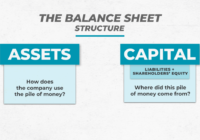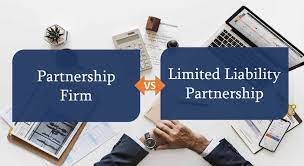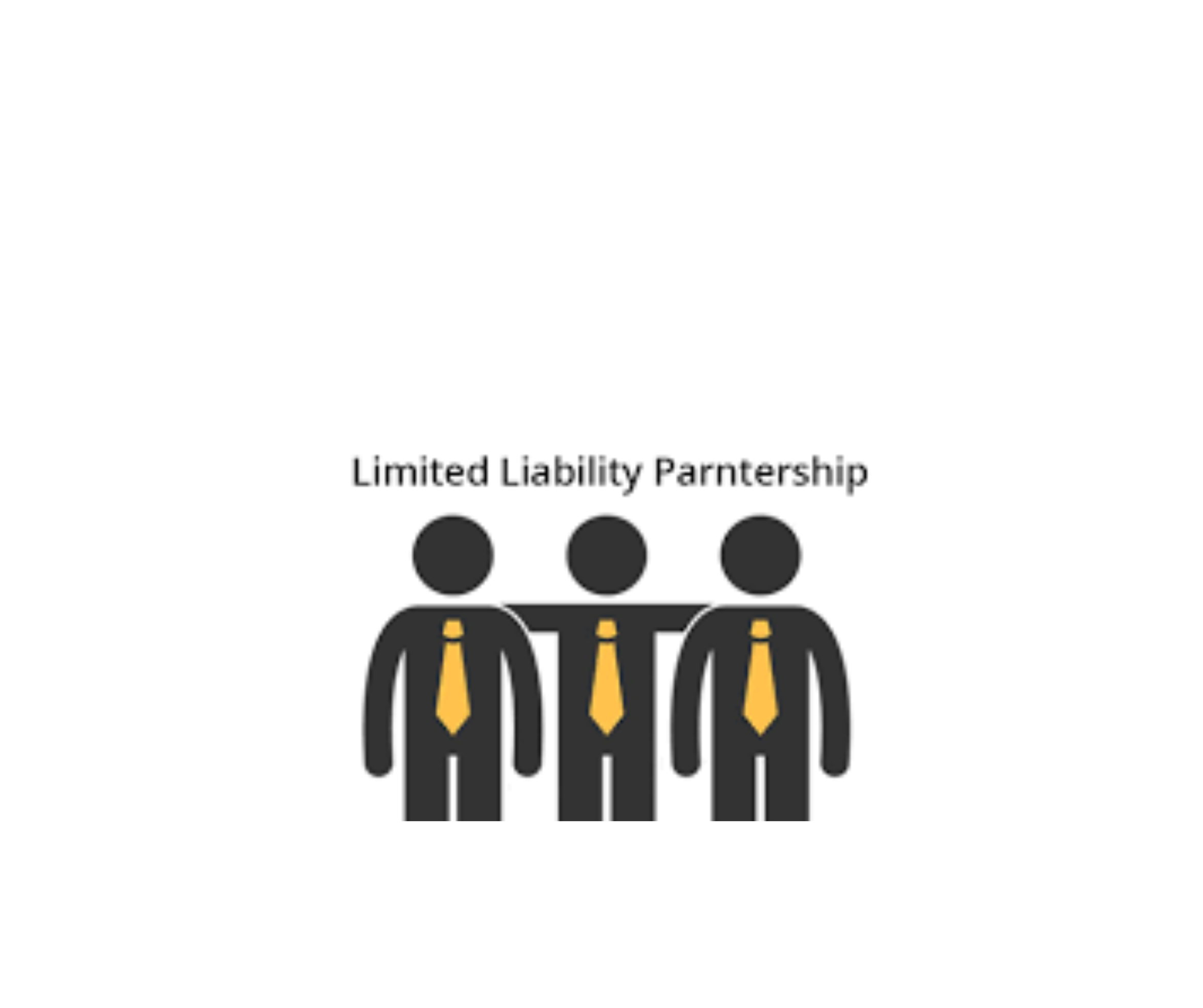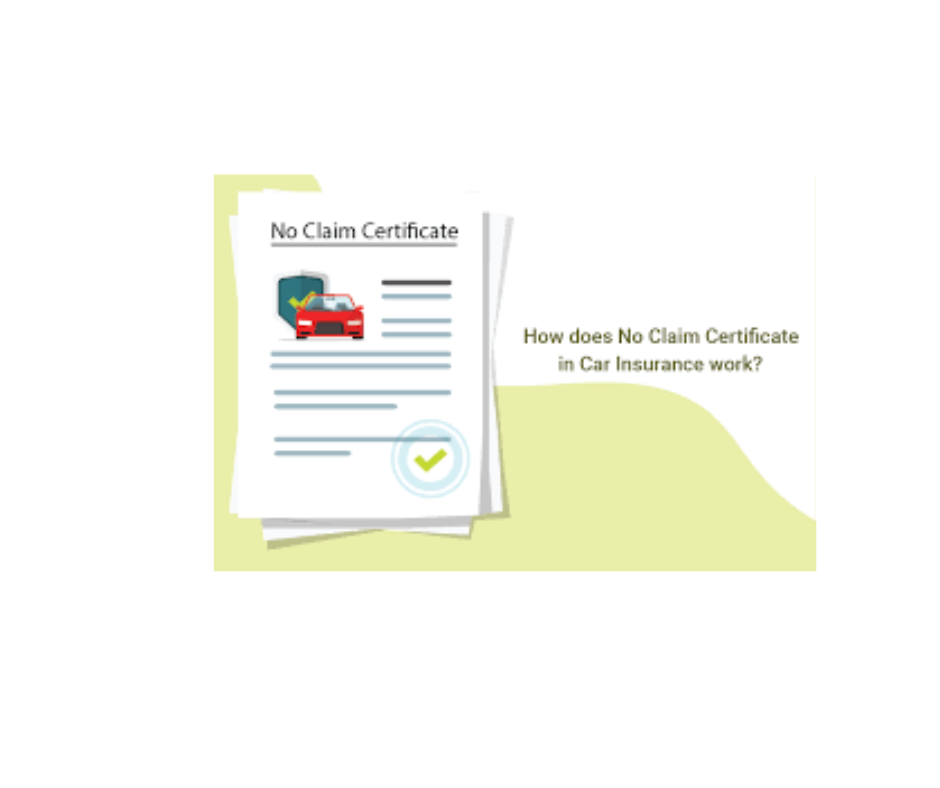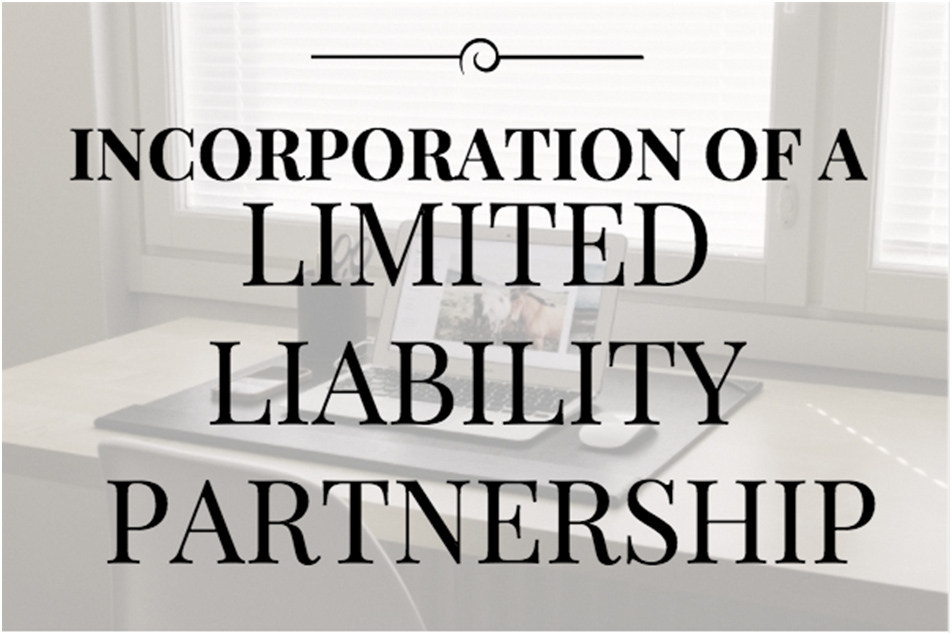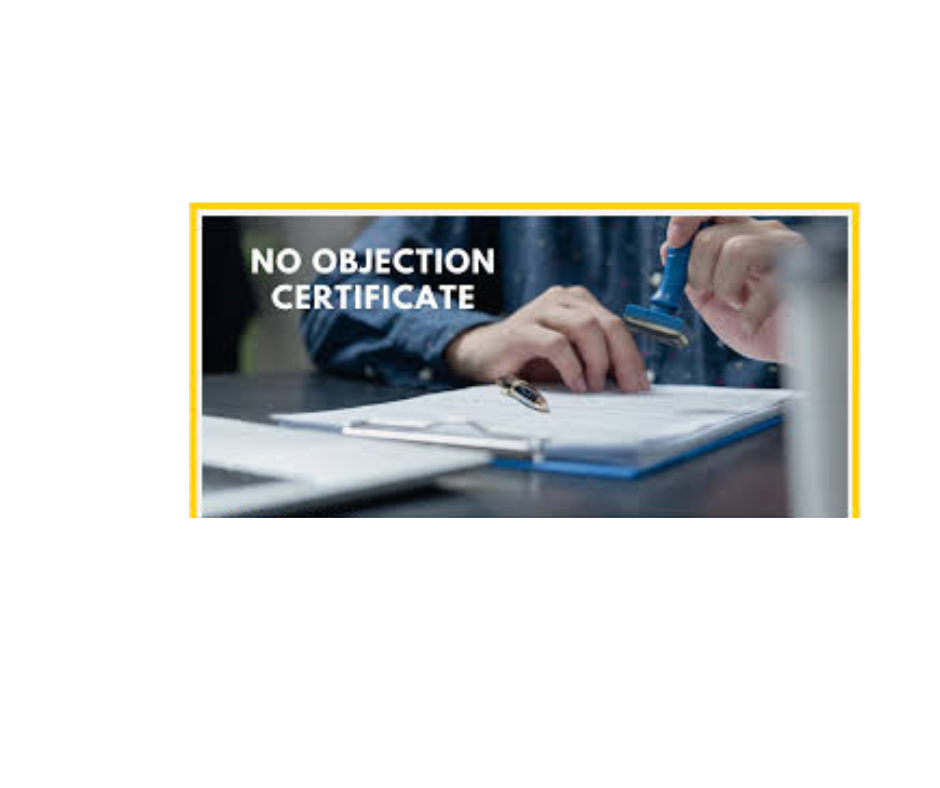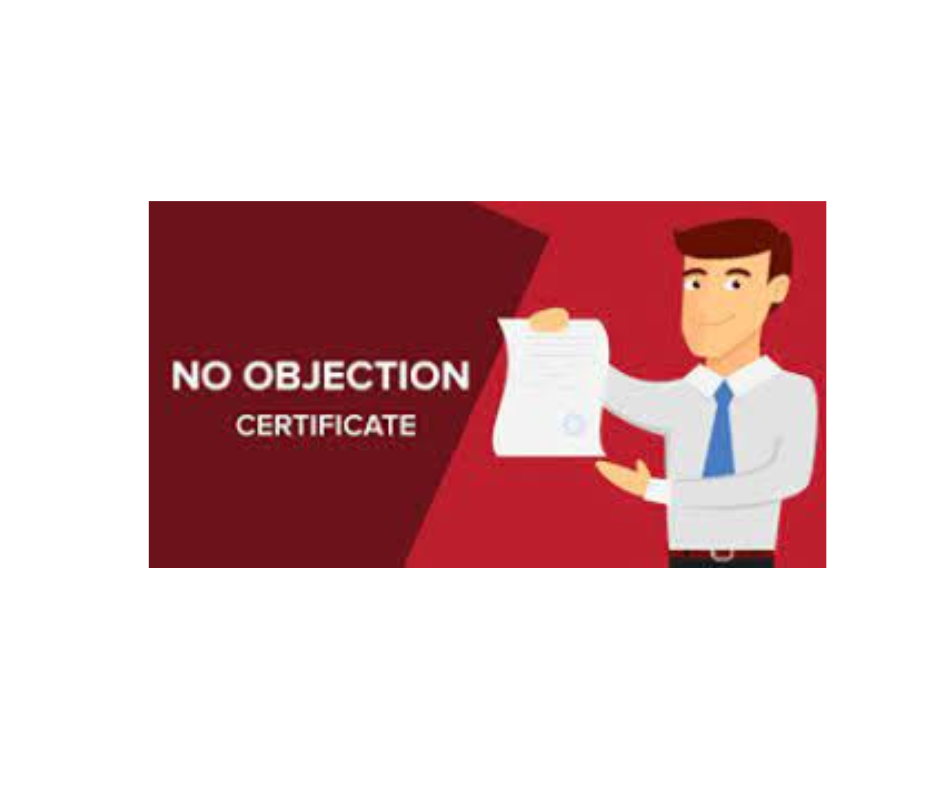ESIC Payment Challan
ESIC Payment Challan Employers use the ESIC payment challan to deposit their ESIC contributions with the designated bank. It serves as proof of payment and contains essential details such as the employer’s name, address, ESIC code, the amount to be deposited, and the period for which the payment is being made on ESIC portal. … Read More »


